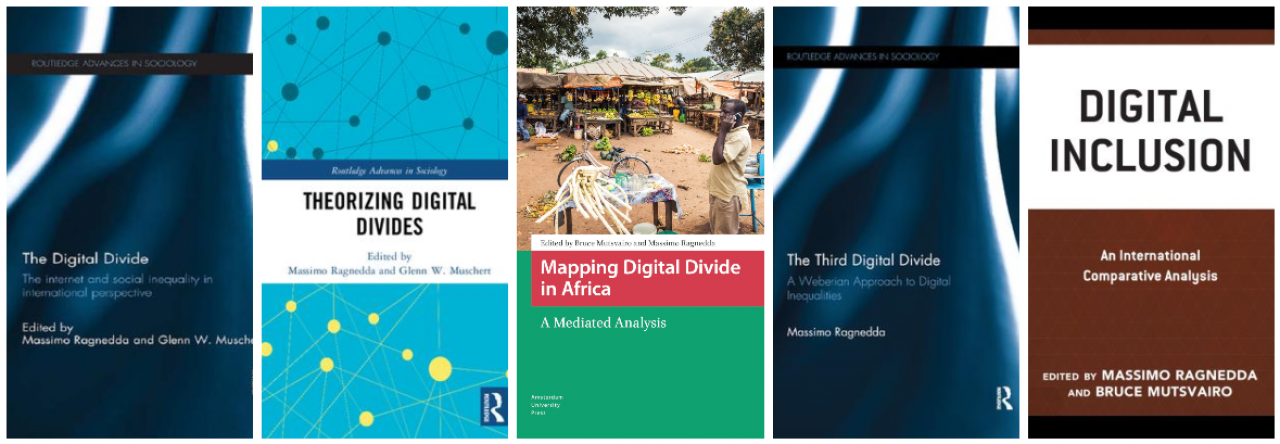 The Digital Inclusion Policy and Research Conference 2019 (18 June to 19 June, London Campus of the University of Liverpool, University of Liverpool in London) brought together academic research with policy makers and stakeholders to review the current state for the art in digital inclusion policy and practice. DIPRC2019 drawn upon over two decades of research, policy, and practice. Over this time digital inequalities, digital inclusion and digital literacies have changed in response to developments in digital technologies and media. The primary aim of this conference was to link up international policy efforts to address digital inequalities, access and skills with the outcomes of recent research at from around the globe.
The Digital Inclusion Policy and Research Conference 2019 (18 June to 19 June, London Campus of the University of Liverpool, University of Liverpool in London) brought together academic research with policy makers and stakeholders to review the current state for the art in digital inclusion policy and practice. DIPRC2019 drawn upon over two decades of research, policy, and practice. Over this time digital inequalities, digital inclusion and digital literacies have changed in response to developments in digital technologies and media. The primary aim of this conference was to link up international policy efforts to address digital inequalities, access and skills with the outcomes of recent research at from around the globe.
I underlined how the benefits of digital equity go well beyond the single citizen but impact on the community as a whole. We all known that an insufficient and unequal access to the Internet can create new forms of social segregation that exacerbate already existing social inequalities (Ragnedda 2018a). In fact, in a digital-reliant society being excluded from the digital realm means missing opportunities to improve one’s quality of life (Ragnedda and Mutsvairo 2018).
 The focus of my talk was on the promotion of Digital Equity as the condition in which all citizens are provided with the skills and information technology capacity needed for full participation in our society, in terms of economic, social, personal, political and cultural well-being.
The focus of my talk was on the promotion of Digital Equity as the condition in which all citizens are provided with the skills and information technology capacity needed for full participation in our society, in terms of economic, social, personal, political and cultural well-being.
I stressed out how the access to, and use of ICT should be seen as a new civil right: an essential necessity to be a full citizen. Based on the three levels of digital divide (Ragnedda 2017), I introduced the idea that to permit a full engagement in society and promote Digital Equity, we need to guarantee three digital rights:
- Digital Access: the right of free or affordable Access to ICTs
- Digital Competences: the right to safely and confidently navigate the internet
- Digital Empowerment: the right to use technologies to enhance the social position
Finally, I stressed that Digital inclusion projects need to focus on the outcome, rather than on the technology. Digital inclusion projects should train citizens how to take advantage of the economic, personal, political, cultural and social opportunities available through ICTs.
In sum, any attempt to tackle social inequalities with ICTs and promote Digital Equity, needs to enhance these three digital rights: Digital Access, Digital Competencies and Digital Empowerment.
References
Ragnedda, M. (2018), Conceptualizing Digital Capital. Telematics and Informatics, Volume 35, Issue 8, December 2018, Pages 2366-2375.
Ragnedda, M., and Mutsvairo, B. (2018), Digital Inclusion. An International Comparative Analysis. Lexington Book.
Ragnedda, M. (2017). The Third Digital Divide. A Weberian Approach to Digital Inequalities Routledge, Oxford.

Lascia un commento